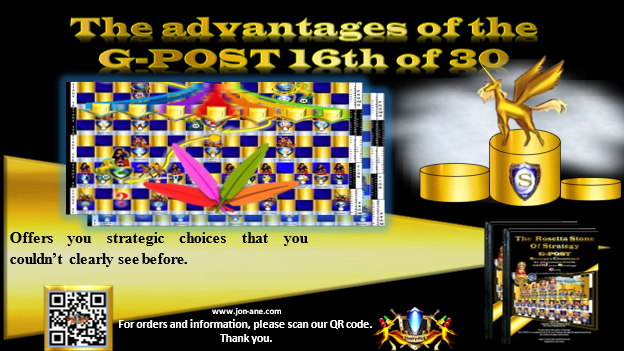Dictionary
The best definition of “Easy Peasy” – online Registration and Browsing
G-POST Online sales tactic – The Easy Peasy – Registration and Browsing
The company must keep it simple, or it simply won’t be. When customers enter your online shop on a computer, tab or mobile phone, they need it easy―Tobogganing-easy!
Easy to register, navigate, browse the products, find comments, understand how to use the product, and easy to make a payment. It is certainly within the company’s interests to allow customers to pass the entire process till the completion of the sale with minimal steps. I highly recommend asking your clients to give feedback and constantly monitor the process. One must remember a stitch in time saves nine.
The last time I was about to purchase a golf set online, the online shop was completely crammed with nonsense, and by God, they made it so complicated to pay for it. Windows after window were opened, but the checkout page was nowhere to be seen, hammered with irrelevant upsells, hindered in thick fog. Finally, I showed myself out and fled the maze.
And that is exactly why you should keep it simple, or it simply won’t be. An Online shop should leave a better impression than a puzzling maze on its customers who seek a hassle-free buying experience and a user-friendly environment. A suitable design with a clear page and a clean layout would be essential. Navigating with minimal scrolling, distractions, and inhibitions would do the job. Other nice features to ease things up can be a “voice search”; just say what you want and ‘Bob’s your uncle’- there you have it.
Furthermore, I suggest that from the moment the customer adds a product to the shopping cart, a Pay sign and some other relevant products must be shown, and not a dazzling maze!
The entire process should be at least agreeable, if not fun. Do make sure all tactics and means in use would create synergy with your G-POST. Or else you might jeopardise it all. For more information, visit Jon Ane, The Rosetta Stone of Strategy.

G-POST STRATEGY TOOL – strategy – The advantages of the G-POST 16th of 30 – Offers you strategic choices that you couldn’t clearly see before. Jon Ane, The Rosetta Stone of Strategy.
